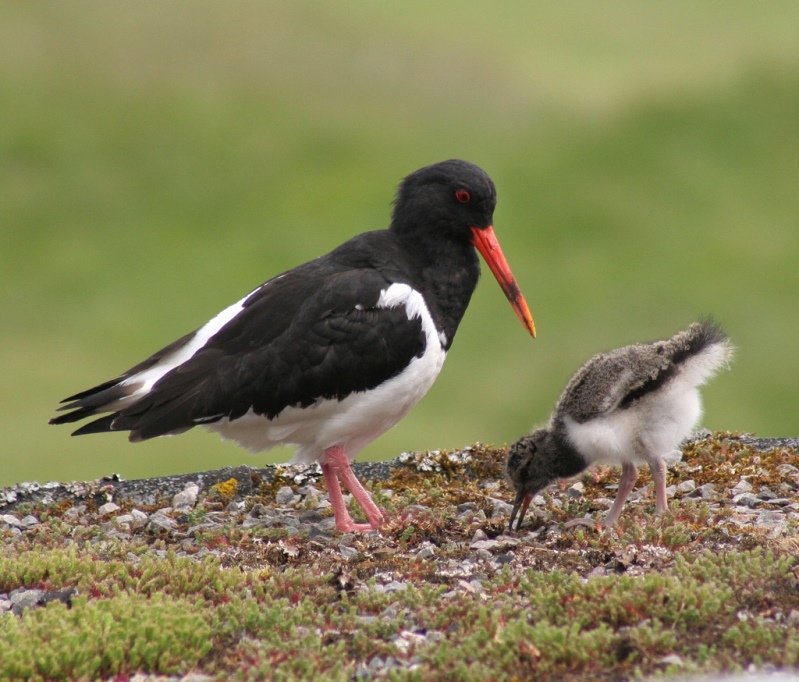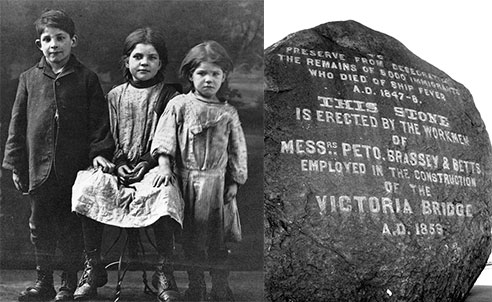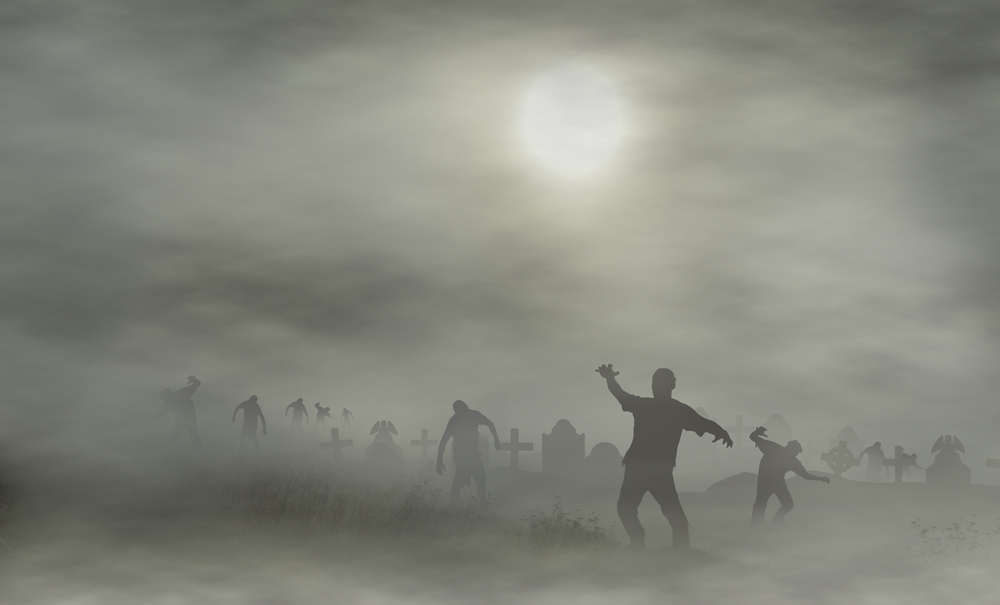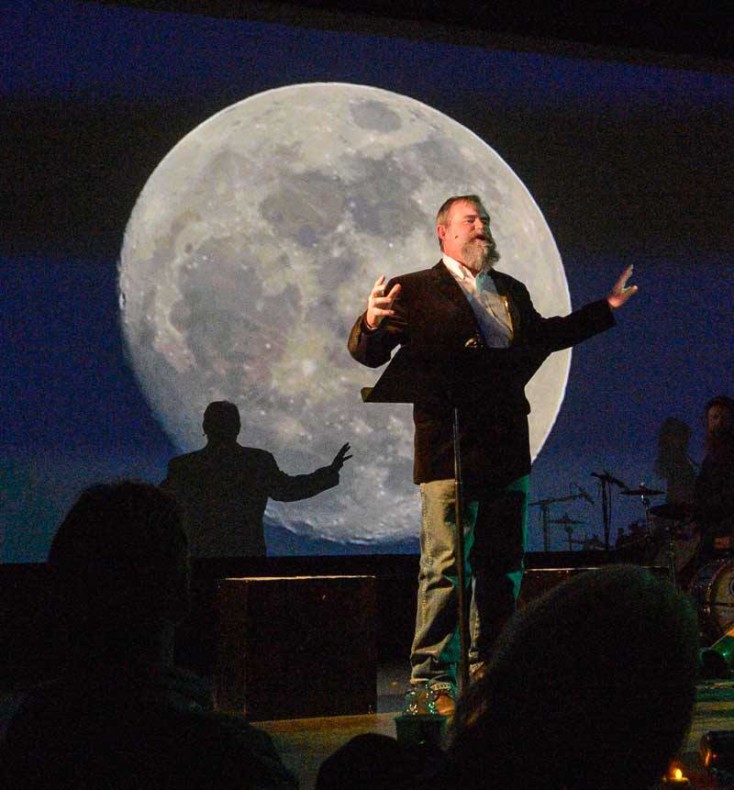 Michael: Hi Ann! After six years of teaching in NYU’s science journalism program (SHERP), and a year before that teaching at Boston University, I have decided to take a break and hand over my beginning writing, research and reporting class to someone else. What a tough decision. I love my students–so many of whom have gone on to be successful science journalists–I love teaching, I love my colleagues, I love New York, I love–wait, why I am doing this? Oh, right, because I hate doing the same thing over and over, because I feel it’s time to hand things over to someone younger and more multi-media and Web savvy than I am, because I want to explore some other things in my life, because I’m tired of long absences from my beautiful wife who is back in Paris (where I am now headed as soon as the semester is over). But hey, didn’t you stop teaching at Johns Hopkins a while back? Was it really hard? Did you feel the intense pain I am feeling now? I’m all ears (or eyes.)
Michael: Hi Ann! After six years of teaching in NYU’s science journalism program (SHERP), and a year before that teaching at Boston University, I have decided to take a break and hand over my beginning writing, research and reporting class to someone else. What a tough decision. I love my students–so many of whom have gone on to be successful science journalists–I love teaching, I love my colleagues, I love New York, I love–wait, why I am doing this? Oh, right, because I hate doing the same thing over and over, because I feel it’s time to hand things over to someone younger and more multi-media and Web savvy than I am, because I want to explore some other things in my life, because I’m tired of long absences from my beautiful wife who is back in Paris (where I am now headed as soon as the semester is over). But hey, didn’t you stop teaching at Johns Hopkins a while back? Was it really hard? Did you feel the intense pain I am feeling now? I’m all ears (or eyes.)
Ann: Yes indeedy, I certainly did stop teaching, and after 25 years mind you. The thing I liked most, and miss most, was knowing those grad students who in a few months were going to be my professional colleagues, for whom school wasn’t a graded academic exercise but a prelude to real life, and who in the meantime, needed to figure out what they wanted to write about and how they wanted to write. Watching them was like — I can think only of cliches — watching buds go fast forward into full bloom, like watching lambs get born and totter around like broken toys and a day later race full-tilt around the barn. So yes, not having those shiny new guys to watch is hard, and yes, it hurts.
Michael: You really took the words out of my mouth (or out of my MacAir) when you mentioned that the students would soon be your professional colleagues. I am writing this during my last class, while my students are peer editing their last assignment (a profile), and in a half hour I am going to dismiss class early. As I always tell them at the beginning of the semester, you are journalists now, the minute you walk into this program and my classroom, and they always prove that I am right in very short order. I like all the buds opening and lambs a’ borning imagery, it really is that way.
Ann: But you know, I also agree with what you said when we started this conversation, about hating to do the same thing over and over. In the last few years of teaching, I did have the feeling of knowing how to do what I was doing, and after a while that stops feeling masterful and starts feeling a little easy — like maybe if you’re going to be alive, you should keep doing things that are hard.
Michael: Yes, and I also worry about the students, about how hard it will be for each succeeding group to get jobs or freelance opportunities and compete in this constantly changing marketplace (and pausing here to lament, as so many have, that it is a marketplace when it should be something else, anything else.) And that brings me to another thing I want to do in my new, non-teaching life: I want to think about all the issues I raised in this piece I wrote a few years ago about science journalism programs. By the way, I hope SHERP’s fearless leader, Dan Fagin, doesn’t realize this time around that I gave the wrong title for what SHERP stands for (at least he can’t fire me for it now!)
Ann: That’s a thoughtful, Balter-like essay you wrote about the science journalism programs.
Michael: Thanks! When I wrote it, I concluded that we were still good to go in producing new cycles of budding (your term!) journalists. I would like to think that is still true, but now I’m going to take some time to think about it–as well as exploring some new directions of my own. I may be going into some sort of semi-retirement, but I am still a budding journalist/writer myself!
Ann: That question of the supply of science writers meeting or not meeting the demand is so complicated — it’s all wound up with whether the demand is actually rising and if so, whether the rise will, you know, pay actual money or allow enough time for good reporting. So I don’t have much of an opinion on it. I do have an opinion about what happens when you retire from teaching. Yes, it does hurt a bit, and yes, you’ll miss those springy new students. But hoo boy, the minute I considered not pushing that rock up that academic-politics hill, I had three story ideas — really, in that minute, in a flash. It was a Sign unto me: I might be a dandy teacher and a dedicated academic battler, but what I really want to do is write. Like you, I feel I’m still budding. So what new directions are you thinking of? Continue reading →






